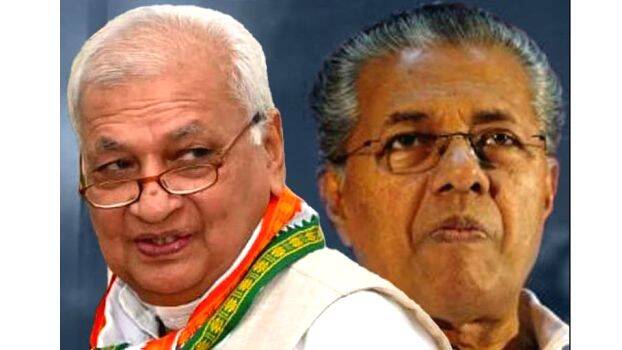

THIRUVANANTHAPURAM: Governor Arif Mohammad Khan said that since the government has approached the Supreme Court against the non-signing of the bills, further steps will be taken after knowing the decision of the court. The reaction came when the Raj Bhavan officials brought the case in the Supreme Court to the Governor's attention. He said the 16 bills and two ordinances to be signed would be considered after the court's decision. The direction and order of the court will be obeyed. At the same time, the governor will be signing the necessary files so that the functioning of the government is not affected. Cabinet recommendation to release 5 prisoners of Cheemeni open jail may be approved today.
In the petition, the government has raised allegations that by not signing the bills, the people are being denied their legal rights, the administration is stalling in the universities and the health sector is in crisis. Raj Bhavan explains that only the bills which are unconstitutional, illegal and aimed at circumventing court orders are not signed.
The Governor who is going to Delhi today is likely to meet the top brass of the Union Home Ministry.
Mistakes in bills
Article 200 is crucial
Under Article 200, bills passed by the legislature become law only when the governor signs them. The governor can send back bills without signing them, but if the bills are sent a second time, the governor has to sign them. Bills can be sent for consideration by the President. There is no time limit for this. If the governor withholds bills without signing them, the government can only remind him about it.